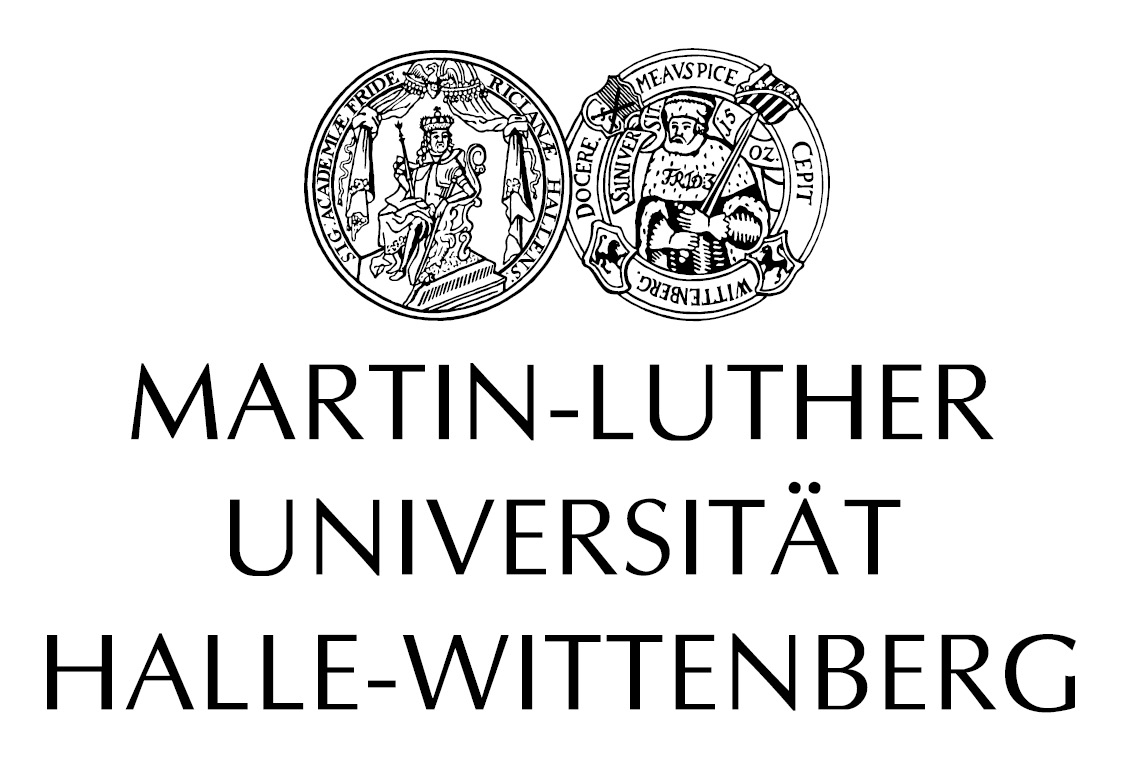presented by Schiller & Mertens
Date: 8 to 10 November 2023
Time: 9:00 am to 4:30 pm (8 & 9 Nov); 9:00 am to 2:00 pm (10 Nov)
Location: Online (Zoom)
// General
In science, information is key. For a scientist it is therefore vital to get information across. Key elements of successful transmission of information are structure, focusing on important detail only, developing a storyline and a central message. The workshop “Next Level Science Communication” covers some of what we think are essential elements to successfully communicate scientific information through presentations, posters and text in the form of theses, manuscripts, reports and grant and fellowship applications.
The workshop designed to raise awareness and reveal the challenges and opportunities of improving the transmission of ideas and information in a clear, concise and engaging manner. Further, we believe that the same fundamental rules need to be applied to verbal, visual and written communication. We therefore cover in this workshop the skillful verbal and nonverbal communication.
// Content and Topics
What is your “Why”? Message and Storytelling
- Identifying the key message, arguably the most important part of communication
- Adapt to your audience: Who is your audience? How do you address the heterogeneity of your audience? How do you select your target audience, the journal for submission, the grant funding agency that is ideally suited for your situation? How do you deal with the feedback you get from your reviewers? What do you do when you get rejected?
- Storyline – learn simple tools that you can apply to turn your data into a story
How to produce a bulletproof figure and easy text.
- Creating self-explanatory graphical abstracts to give reviewers an immediate understanding of the take‐home message of the scientific paper, poster, project, grant application a.s.f.
- Learn how to optimize writing process, data visualization and final text
- Next Level Science with AI – How to use AI tools to work more efficient
Non-verbal communication
- How can meta-information help to transfer scientific content
- Establish recipes for conveying competence by non-verbal communication
- Dealing with questions and with problems
Management in Science
- Time and self-management
- Efficient interaction and communication with your supervisor, meetings with colleagues
- Get introduced to essential project management tools (some key words: SMART goal setting, “MoSCoW” analysis, SWOT contingency planning, Graphical representation of the timeline with a GANTT chart, milestones and deliverables, stakeholders)
// Organization Details
- Within the workshop interactive training strategies, examples and practical exercises will be used.
- To inquire the particular interest the trainer will use a pre-workshop survey.
- Information and followup will be provided in form of photo protocol.
- All participants will receive a certificate of participation.
- The number of participants is limited to a maximum of 20.
- The seminar will be held in English.
// Trainer
Daniel Mertens
PD Dr. rer. nat. Daniel Mertens heads two research groups, one group at the German Cancer Research Centre (DKFZ) in Heidelberg and a research group at the University Hospital Ulm.
As a scientist, Daniel Mertens is the author of 96 publications that have been cited more than 5300 times by colleagues (https://www.webofscience.com/wos/author/record/1318302). He has received more than €6 million in grants from external third-party funders for his research and coordinated international research networks (cancerepisys.org and leukemia-resistance.de).
Since 2011, he has been training scientists, physicians, administrators and staff in transferable skills (www.scientistsneedmore.de). So far, >4000 participants took part in international workshops in Europe, USA and Africa.
// Registration
The workshop is part of the RTG 2498 training programme. Furthermore, all level scientists of Martin Luther University Halle-Wittenberg are welcome to take part if free spots are available.
Registration open until 30 October 2023.


